
GÖTTERDÄMMERUNG
Richard Wagner
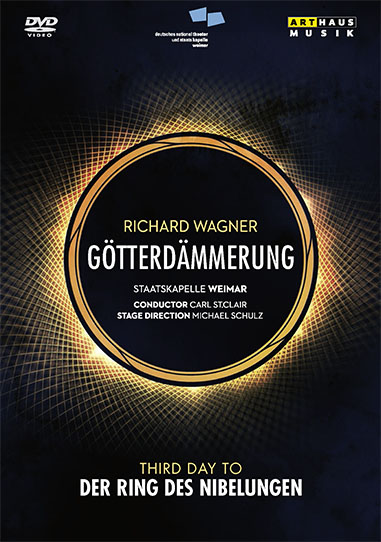




Richard Wagner
GÖTTERDÄMMERUNG
2008
Soloists:
Norbert Schmittberg, Renatus Mészár, Catherine Foster
Orchestra, Chorus:
Staatskapelle Weimar
Conductor:
Carl St. Clair
Director:
Michael Schulz
A bleak wind chord of E flat minor opens Richard Wagner’s Götterdämmerung. It establishes the dominant atmosphere of the piece from its first bar: twilight, a deceptive half-light, prevails. Shadowy figures stumble towards the abyss. The last evening of the Ring is one of plotting and betrayal, of ominous oaths, a chilling lust for power, abuse and humiliation – and, also, of a superbly staged apocalypse, when the beings and things destined for destruction shine brightly for one last time. The leitmotivs and thematic ideas from throughout the whole tetralogy recur in Götterdämmerung, intensified and woven into a musical web from which there can be no escape. Everything appears to fit together fatally with everything else. There is nothing more to be done. The net of catastrophe is knotted too fatefully for that, both musically and dramatically. When Wagner sat down to write a prose outline of what turned out as the last part of the Ring, he called it Siegfried’s Death. That was in the year of revolutions, 1848. The new title, usually translated as Twilight of the Gods, came later (Bernard Shaw called it Night Falls on the Gods but that never caught on). All the threads of the drama run now towards the hero’s fall. The death of Siegfried precipitates the final dissolution of the gods’ world, set in train by Wotan when he impiously tore a branch from the World Ash-Tree, and to which the god was already resigned long ago, before he knew of Siegfried’s conception. The natural order has been diverted from its proper course, and the last hope of righting it rests with Siegfried – the human being of the future. He knows no constraints, no fear of violence moderates his thirst for action, he is naïve and spontaneous. To Wagner he represented Utopia, Thomas Mann described him as “harlequin, god of light and anarchistic social revolutionary”, Shaw as “a totally unmoral person, a born anarchist, the ideal of Bakunin, an anticipation of the ‘overman’ of Nietzsche”. Yet he is unfree, nevertheless: he must run on the rails laid by Wotan and thus he is the instrument (one might say, war machine) of the failing power of the old gods as they wait for annihilation. The truly new, however, as Wagner saw it, can only rise from the ashes of the old. So Siegfried too must die, and Brünnhilde, magnanimous in forgiveness, assumes the roles of tragic heroine and redeemer by her self-sacrifice.
Label:
Arthaus Musik
Genre:
Oper
Running Time:
277
Picture Format:
16:9
Sound Format:
PCM Stereo / Dolby Digital 5.1
Number of Discs:
2
Region:
0
Languages:
DE
Subtitle Languages:
DE, GB, FR, IT, ES
EAN:
4058407094074
UPC:
4058407094074
Blu-ray:
109407
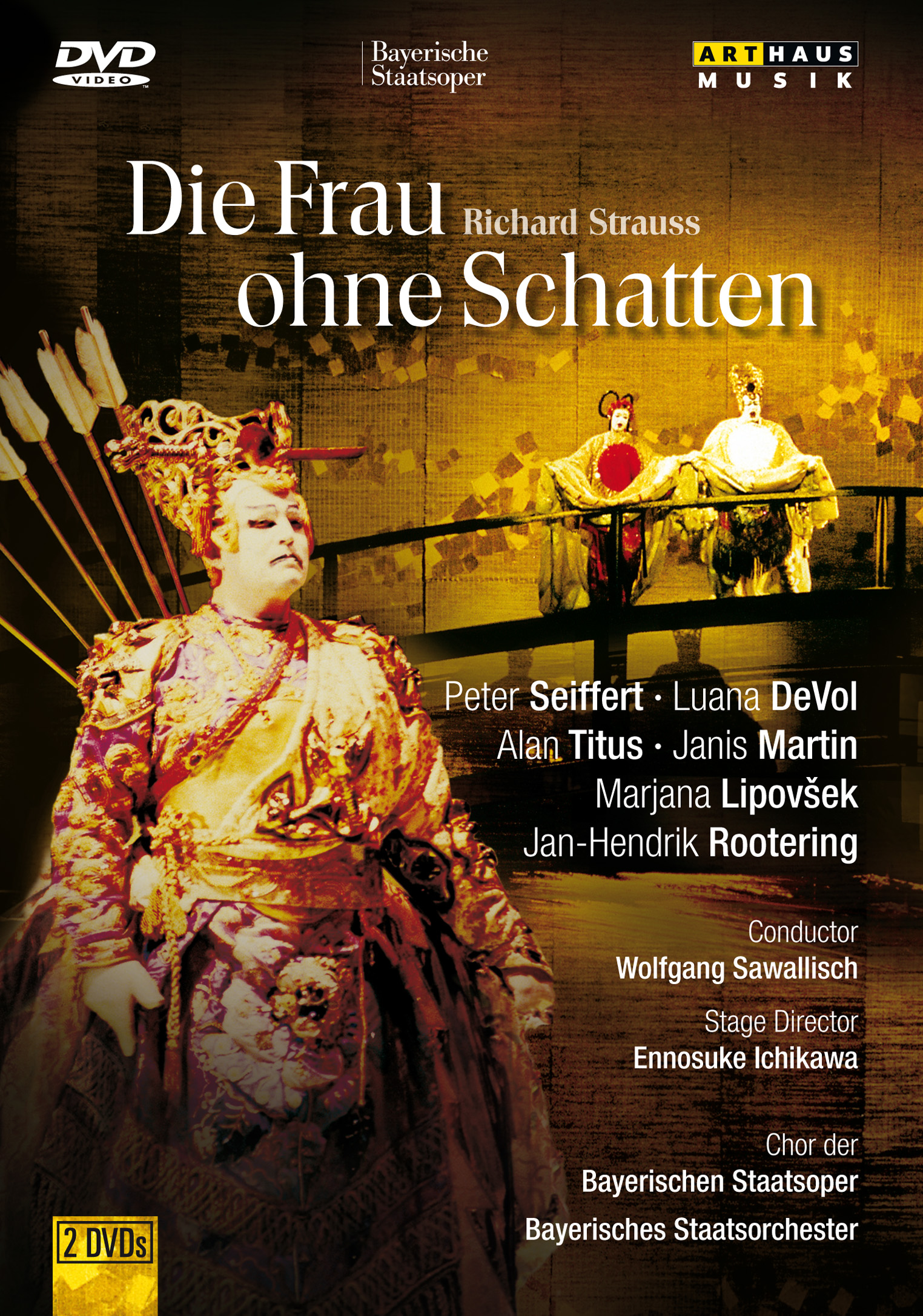
Richard Strauss
Arthaus presents a rare document of an early nineties operatic highlight: the Japanese premiere of Wolfgang Sawallisch’s last production at the Bavarian State Opera. The Company’s tour of Nagoya and Tokyo in autumn 1992 under director and principal conductor Wolfgang Sawallisch was a particularly important event. Sawallisch was celebrating both the(...)
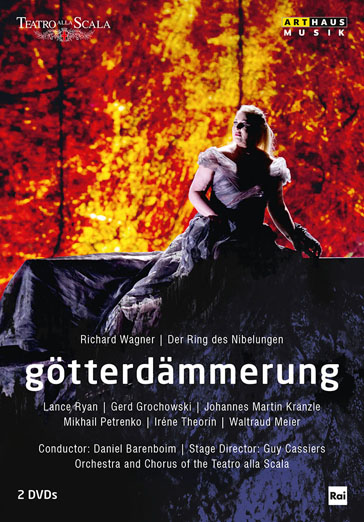
Richard Wagner
With this 2013 recording of “Götterdämmerung”, the musically and visually compelling Scala “Ring” Cycle by Daniel Barenboim and Guy Cassiers was completed and proved to be one of the highlights of the Richard Wagner bicentenary. Iréne Theorin, acclaimed worldwide for her portrayal of Wagner’s heroines, stars as(...)

















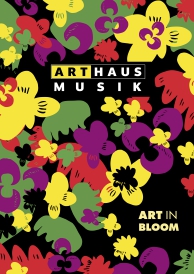 PDF Download (5,5 MB)
PDF Download (5,5 MB)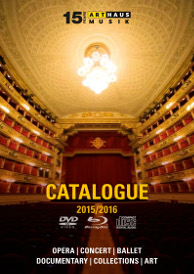 PDF Download (6,7 MB)
PDF Download (6,7 MB)